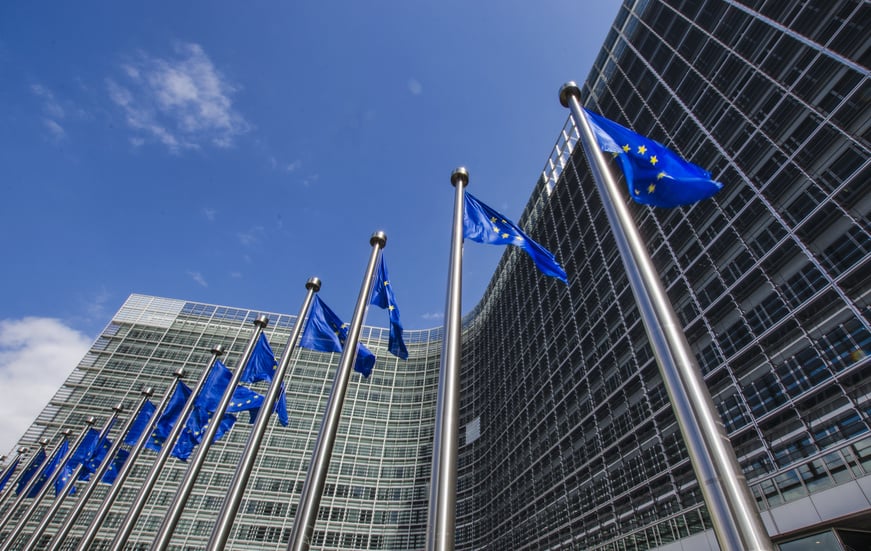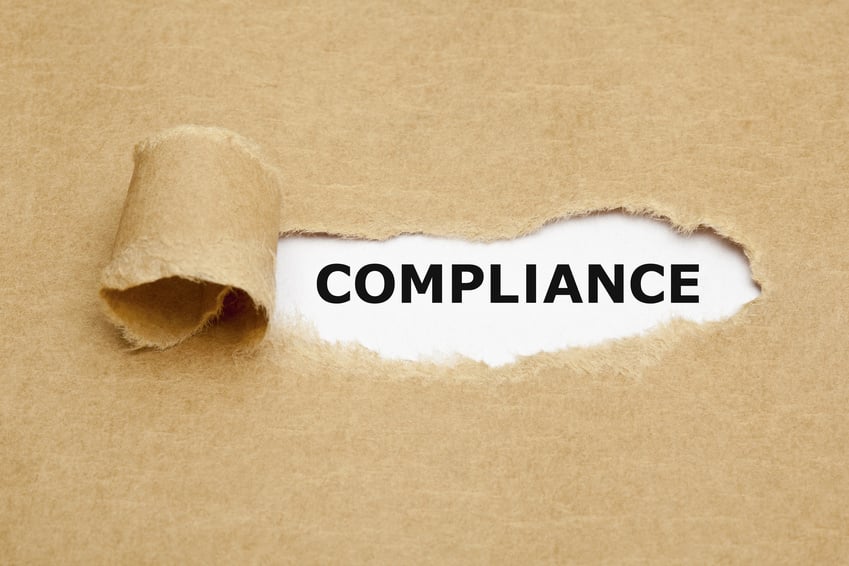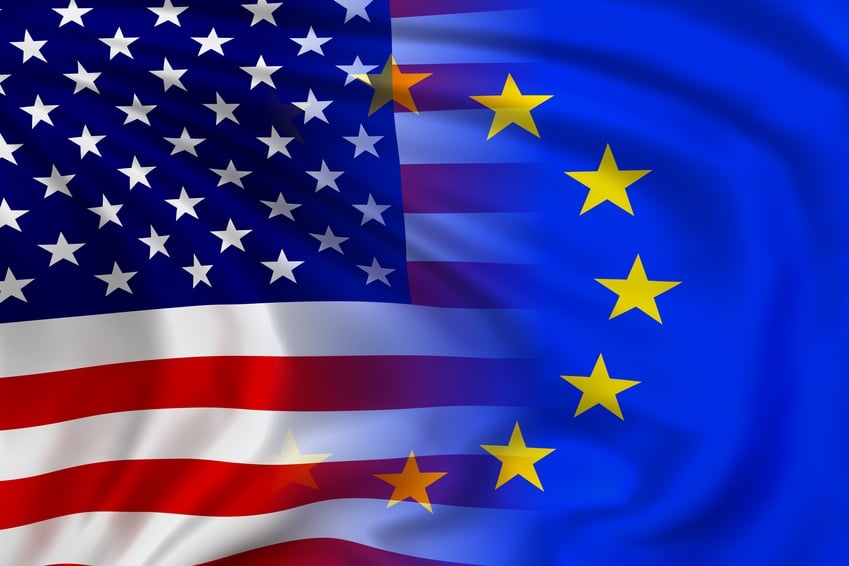Introduction Following the recent third rejection of the Brexit withdrawal agreement in the UK Parliament, a no-deal Brexit remains firmly on the agenda. This alert sets out some of the main sanctions and export controls issues arising from a no-deal Brexit which are likely to impact upon companies operating in…
We are pleased to invite you to the ICC-Baker McKenzie Thirteenth Annual Conference 2019 on “Trends and Developments…
Across the globe, tax is at the top of the agenda in newsrooms and boardrooms alike, owing to…
In an opinion issued on 22 November 2017, EU-the Advocate General confirmed that the EU competition law provisions do not apply to companies that are part of the same corporate group. However, assurances from those companies might be necessary in case of simultaneous participation in public tendering process in order to protect the free and fair competition between all tenderers.
On October 7, 2017, the EU Commission published its updated study on corruption in the EU healthcare sector. Companies in the healthcare industry should rethink their policies and procedures based on the results of this Europe-wide study.
20 EU Member States agreed to implement the European Public Prosecutor’s Office, a new European institution for the prosecution and investigation of crimes against the EU budget.
We have summarized the results of the compliance studies of the past 12 months and summarized the results in this post. Find out how you measure up against the benchmark.
On 24 January 2017, the European Parliament’s Committee on International Trade approved the the Conflict Minerals Regulation. This paves the way for the text to be formally adopted by the EU institutions in the coming months.
Eturas runs the e-commerce back-end of 30 travel agents in Lithuania. An administrator message to each member informed them that the e-commerce functionality allowing each travel agent to grant discounts would be capped at 3 per cent. That message appeared in part of the system relating to information messages. The Court of Justice found that administrator messages could be the basis of illegal cartel type conduct.
On January 25, 2017, the U.S. President signed an Executive Order on “Enhancing Public Safety in the Interior of the United States” containing rules for government privacy policies pertaining to foreigners. This caused concerns in Europe, but should not affect the EU-U.S. Privacy Shield.



